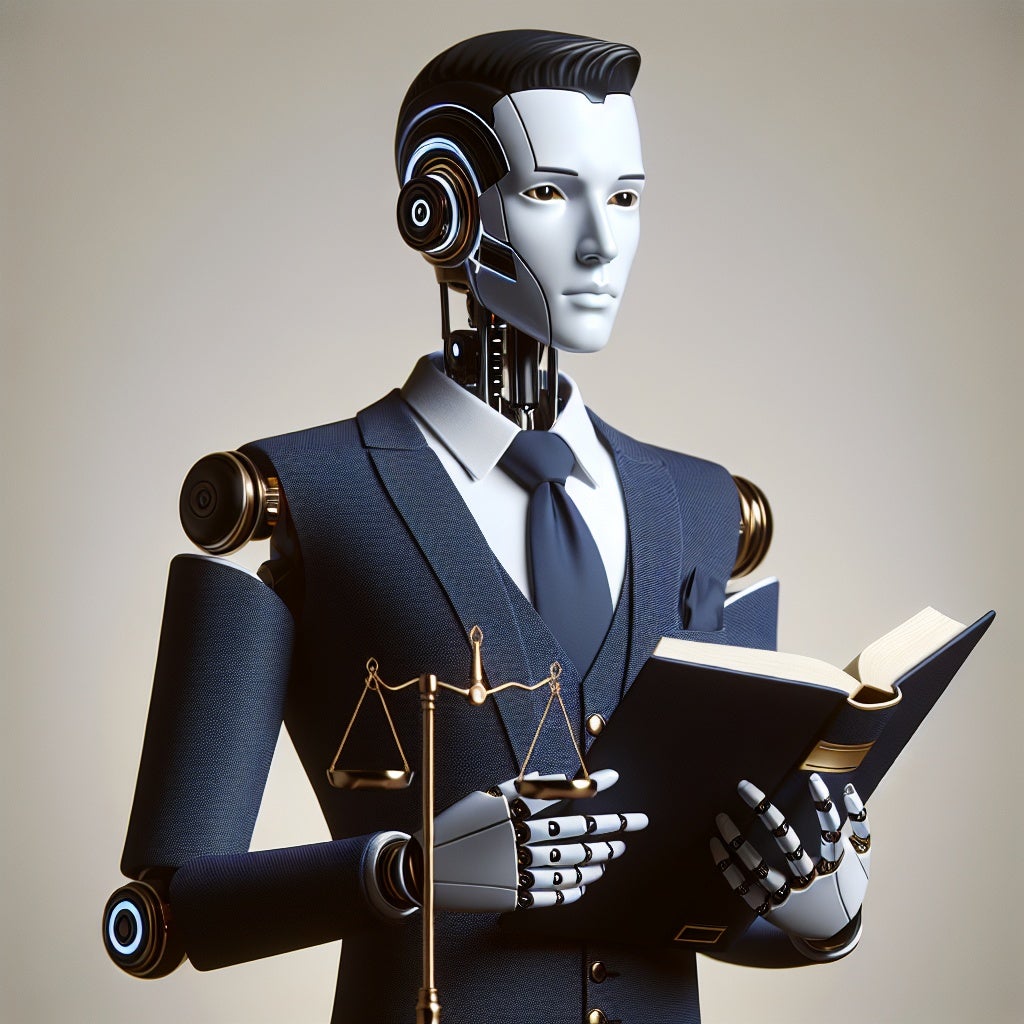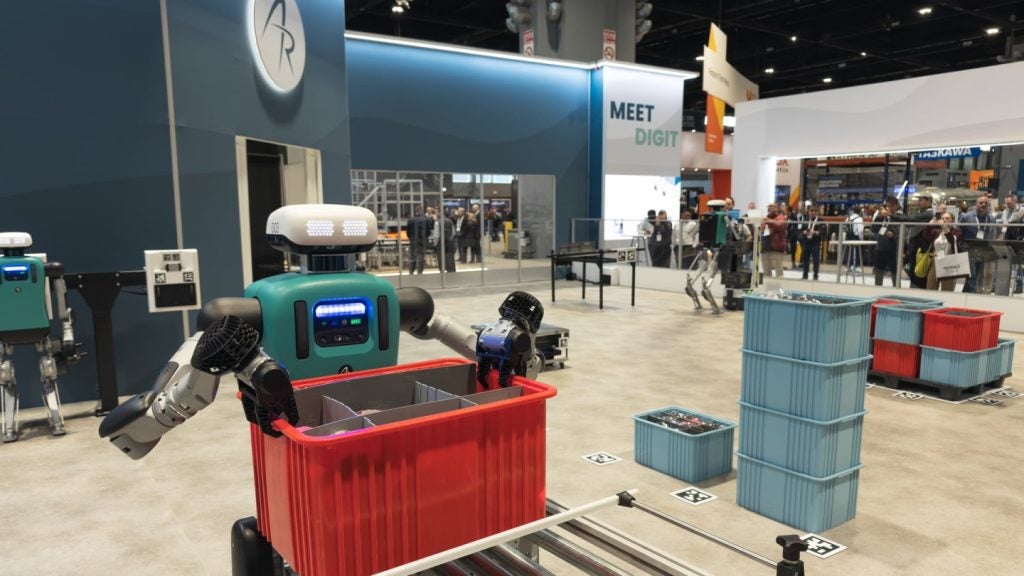
Since the launch of OpenAI’s ChatGPT in November 2022, GenAI has started to profoundly impact multiple industries, and the legal profession is one of these white-collar sectors prone to disruption. Where there is data, there will be disruption. But will eventually AI replace lawyers?
To say that the law is a traditional business, is an understatement. Legal processes and conventions have been enshrined for hundreds of years in UK common law, and subsequently exported around the world. But legaltech startups like Harvey, Robin AI, Genie AI and Luminance, to name a few, are already impacting what was once thought to be a business sector immune to wholesale change.
Technology has traditionally been a hard sell for the legal industry. In a sector where a single wording error in a contract may have dire consequences, law firms have been wary of adopting technologies that could compromise data privacy and accuracy.
But a number of factors including increased remote working, changing client demands, and widespread adoption of AI have added greater pressure on law firms and legal departments to invest in technologies that could help them reduce costs and improve operational efficiency.
A 2024 survey by LexisNexis found that 43% of the 200 largest US law firms (Am Law 200) have a dedicated budget for investing in GenAI in 2024, and 90% of law firms and corporate respondents expect their investment in the technology to increase over the next five years. And according to GlobalData’s Legaltech Strategic Intelligence report, those law firms that do not invest in GenAI will be at a competitive disadvantage.
Legaltech will boost efficiency in routine tasks
The report notes that GenAI’s value lies in unlocking greater efficiencies in routine tasks such as document automation, as well as AI-driven legal research and predictive analytics. GlobalData analyst, Beyza Karakoy, says that legaltech, in its current form, is designed to complement, not replace, human expertise in the legal profession.
“It improves productivity by supporting lawyers facing higher workloads and limited resources, particularly by automating repetitive tasks such as research, contract review, and standardised document drafting. By handling these labour-intensive tasks, legaltech enables legal professionals to focus more on strategic and analytical work that requires human judgment and emotional intelligence,” says Karakoy.
And Karakoy dispels the idea, at least In the near to mid-term, that legaltech will undermine the need for trained legal professionals, especially for roles that demand complex decision-making. “The stakes are too high in the legal sector to rely entirely on technology to get the work done. Therefore, human oversight remains crucial to ensure accuracy, reliability, and ethical adherence,” says Beyza.
While law firms risk competitiveness by not investing early enough, venture capital funding in legaltech decreased in 2023 after a strong 2021 and 2022, reflecting a broader trend of venture funding deceleration across most sectors. The number of early-stage companies raising funding rounds has decreased as businesses focus on preserving cash and moving toward profitability, according to GlobalData.
Despite funding deceleration, UK legal editor startup, Genie AI, raised $17.8m (£13.3m) in Series A funding round in October, led by Google Ventures, and joined by Khosla Ventures (early investors in OpenAI), taking its total raised to over $20m (£15m). Such high-profile Big Tech backers signals investor confidence that the legal industry is about to change.
Genie AI’s agent is said to draft entirely personalised, professionally formatted and comprehensive 50+ page agreements across all major global jurisdictions, within minutes, replacing a manual process that would take weeks. Genie also has an open-source library of templates. Users can upload their own documents, use a template or review their generated contract using Genie’s risk review, which detects issues in documents, explains them, and suggests changes. According to the company, lawyers have rated the tool as 94% accurate. But is that enough?
Legaltech has a trust problem
Barriers to adoption for legaltech broadly all come down to trust. Trust that a legal AI assistant is not hallucinating and generating false results, trust that data privacy is assured and trust that there is enough transparency within the process to know when human oversight is required.
Trust works in two ways when it comes to legaltech, says Luminance CEO Eleanor Lightbody. “The first is you have to trust the agent’s ouput. And the way that you do that is by stopping it, and reviewing the AI’s chain of thought, to make sure that exactly what you would have done perfectly. The more times you review the actions it’s taken and get comfortable with it, the more you know you will just work automatically, not have to review it,” says Lightbody, who notes that trust is a two way process.
AI agents are only as good as the underlying data models that they are working alongside. “It’s really important when working with lawyers that the LLM that underpins their workflows is not a generalist large language model – that it’s been fine-tuned and specialised to legal contracts,” says Lightbody. Luminance’s proprietary LLM, has been exposed to over 150 million verified legal documents.
Lightbody explains how important it is that query answers are derived from an understanding of what sits at the core of legal contracts and the problems that may arise.
“And it’s also really important that when you’re building a proprietary system and you’re working in the legal sphere, that the AI is smart enough to know when it doesn’t know the answer,” says Lightbody referring to hallucinations that continue to plague GenAI development across the board.
In October, Luminance, launched its Agent Lumi GenAI product which combines its domain-specific legal LLM with AI tools and memory to create an active agent – an AI system that performs tasks and makes decisions without the need for human oversight.
For a GenAI agent to flag the need for human oversight is critical. “And that won’t happen if you haven’t built your own large language model that has been exposed to hundreds of millions of legal contracts,” warns Lightbody. General models have been trained to provide answer that sounds plausible at all costs.
On the question of whether AI will replace lawyers or simply be an efficiency boot for the legal professional, Lightbody is in the camp of AI helping drive efficiency.
“Our agent can automate some processes, and it can augment a lot of the work that’s left over. The work that AI is automating is low value, high volume work that lawyers, quite frankly, shouldn’t be spending their time doing. It’s boring, it’s monotonous,” says Lightbody.
And what of the legal career and skills pipeline? “If you ask anyone five years into their career whether they learned much or enjoyed reviewing an NDA, they will look at you and laugh,” she says.
Though no one really knows the long-term impact of AI on the legal profession, or any other for that matter, the consensus seems to be that AI will automate for greater efficiency but it will not automate humans out of the process — just yet.







